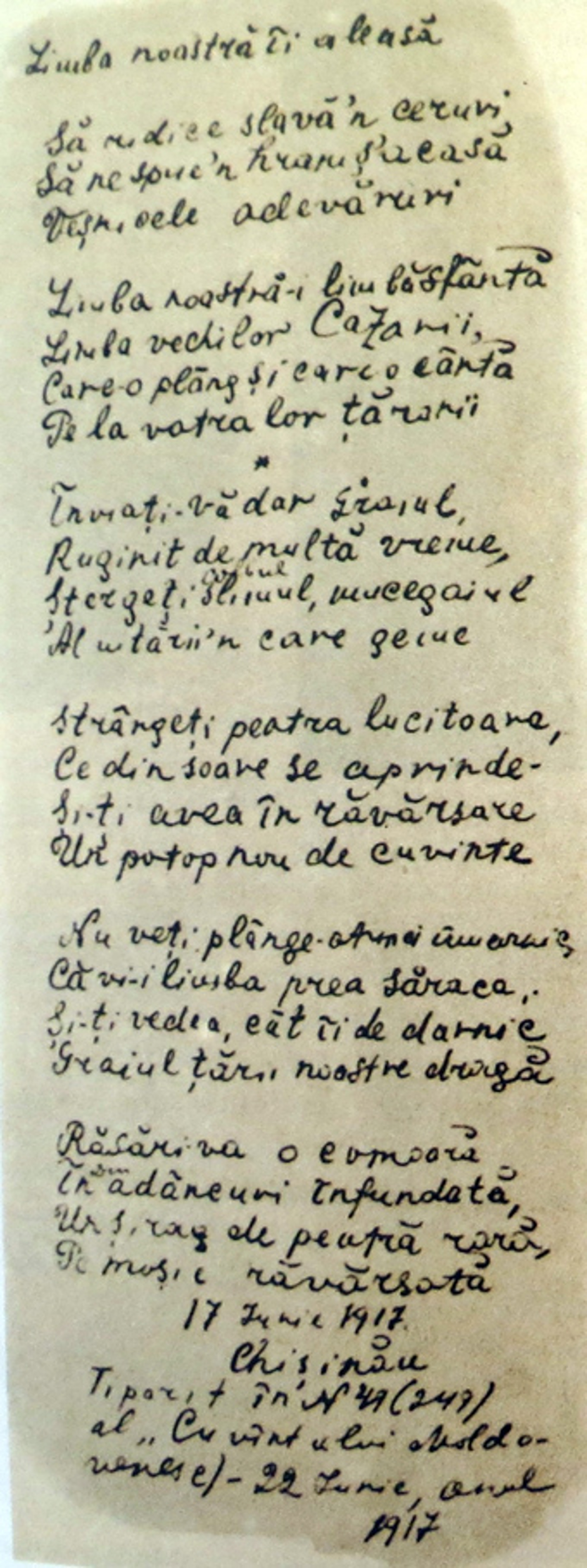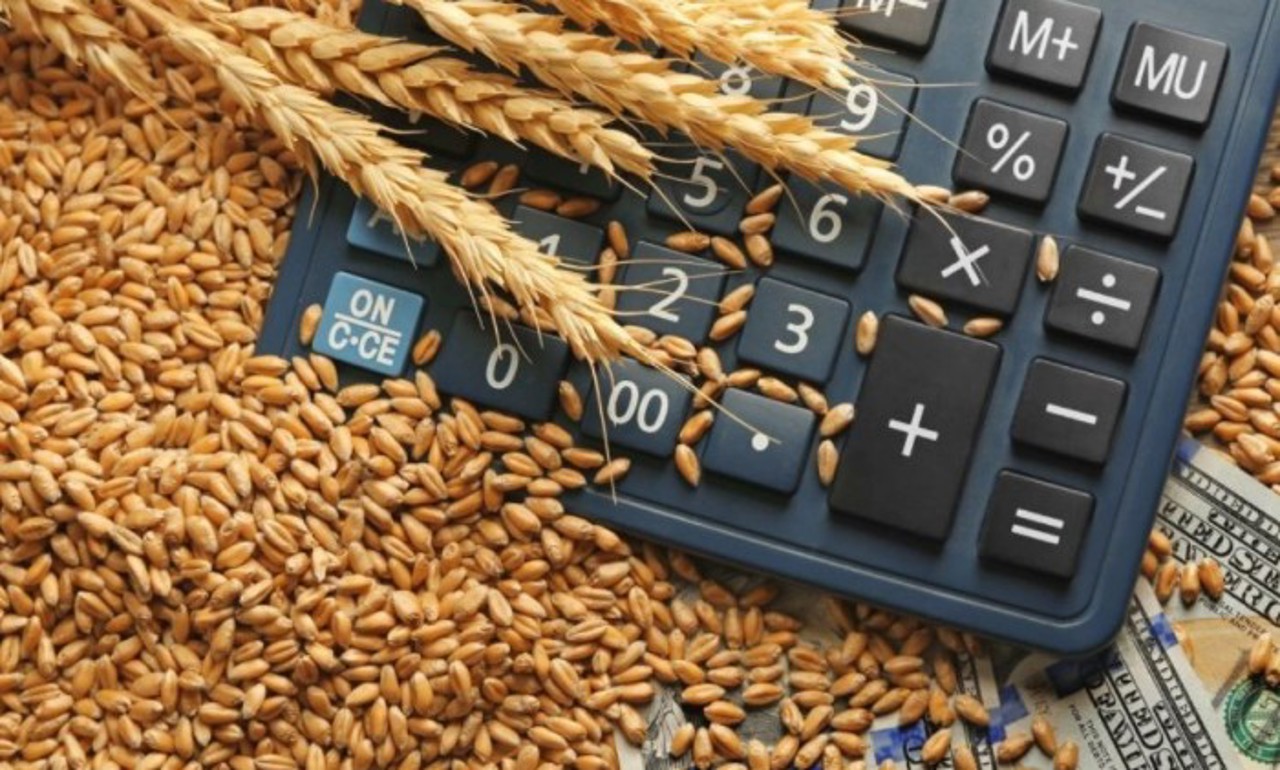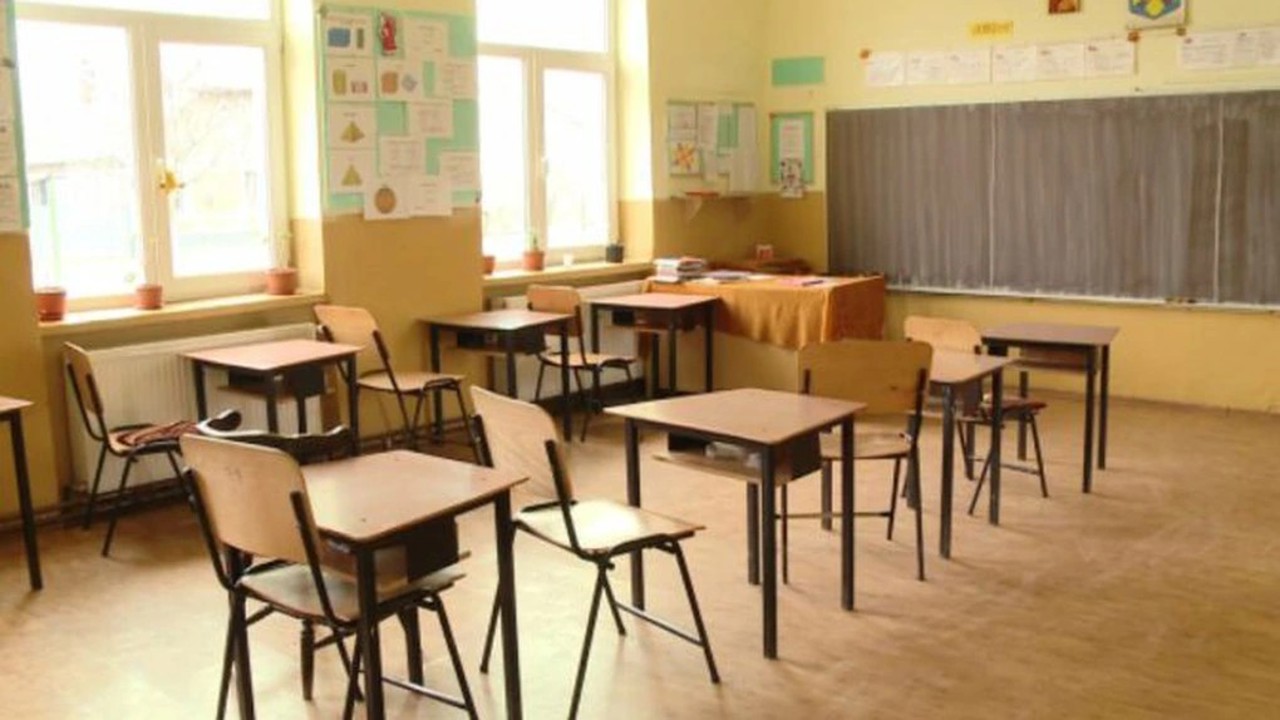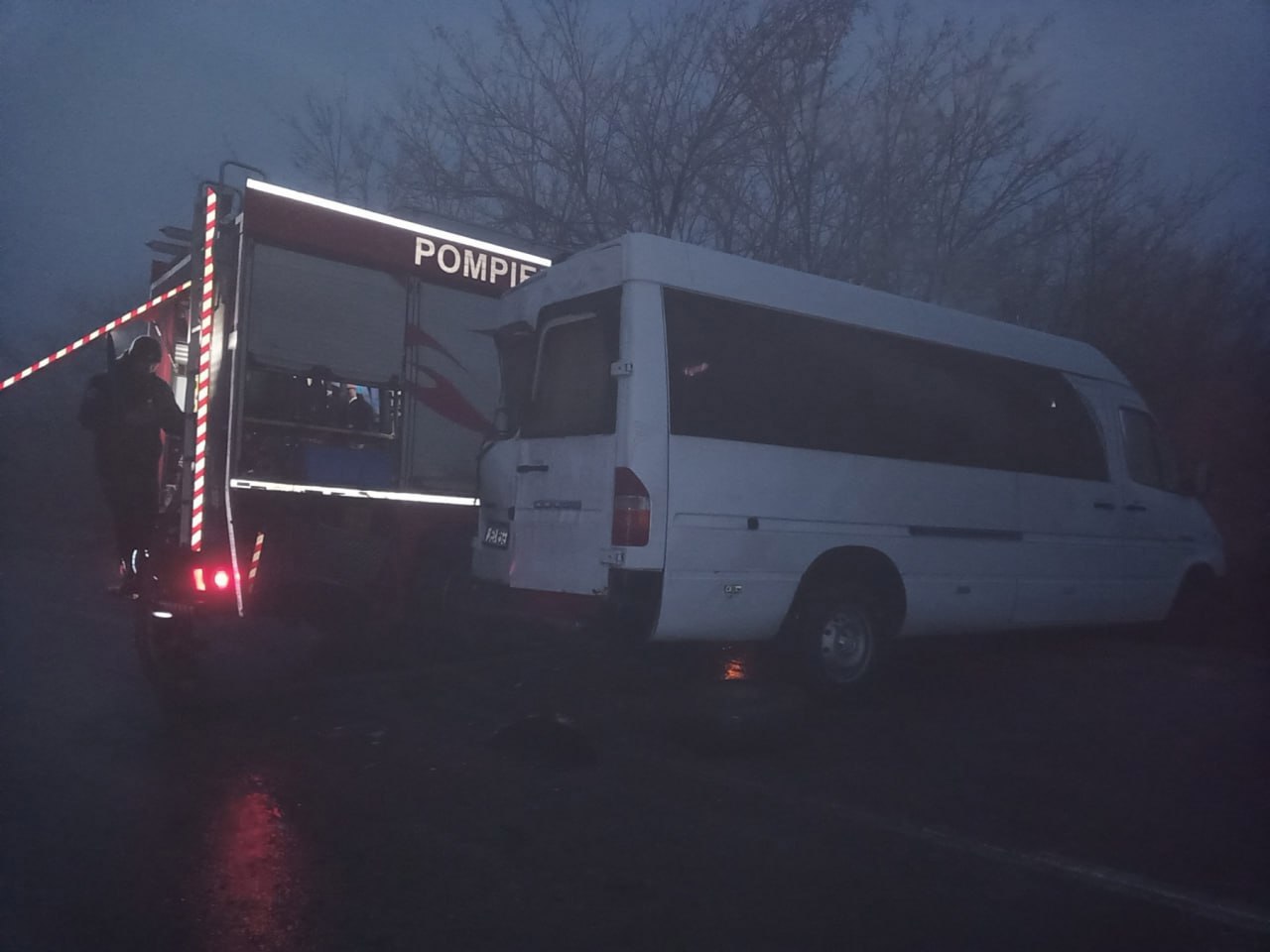Moldova marks historic day as Romanian Language finally recognized
The truth about the language spoken by Moldovans has been denied, falsified, ideologized, or simply ignored, despite the fact that it has been affirmed by chroniclers and classics of Romanian literature.
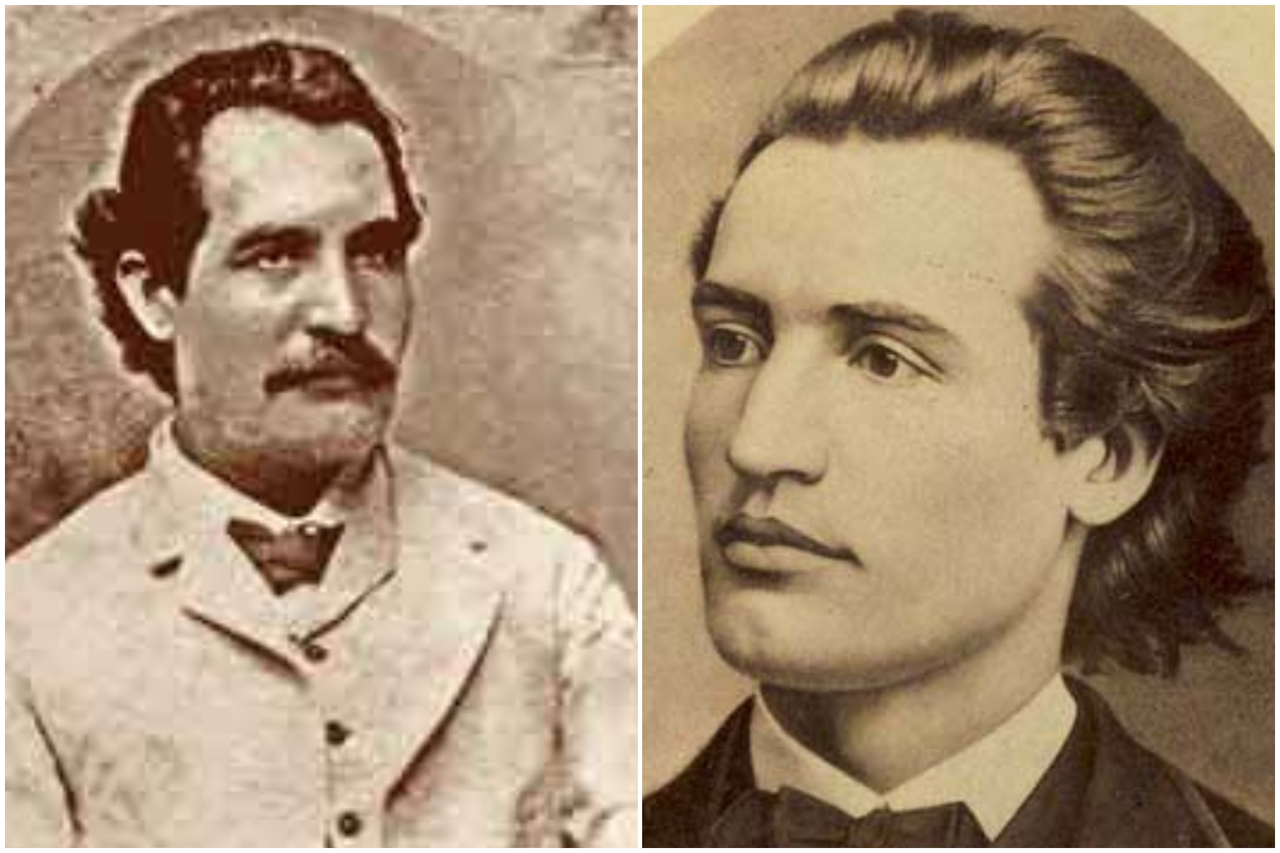
Beyond the outdated and non-functional linguistic legislation, the Republic of Moldova celebrates today the Romanian language, the one that has preserved our national identity.
As a reference point for recalling the struggle for the reinstatement of the Romanian language in the territory between the Dniester and the Prut, we will take the masterful "Foreword" signed by academician Mihai Cimpoi in the anthology "The Romanian language is my homeland", a selection by Alexandru Bantoș.
Mihai Eminescu: The Romanian language - a wealthy empress
Mihai Eminescu considered the Romanian language to be "a wealthy empress to whom many peoples have paid tribute in gold, while she seems to have given nothing to anyone."
Here is a thought full of expressive beauty and depth, which lay hidden for a long time in his miraculous "Notebooks": "We are not the masters of the language, but the language is our master. As in a sanctuary we rebuild stone by stone everything that was before - not according to our fantasy or our momentary inspiration, but according to the general idea and in detail that prevailed in the building of the sanctuary -, thus we must behave with our Romanian language... "
The philosophical support of these lines helps us to better understand the underlying aspects of the struggle for the Romanian language in Bessarabia, wrote academician Mihai Cimpoi in the preface to the anthology "The Romanian language is my homeland", a testimony of a certain historical segment (1991-1996).
Removed from the church, from education, from public life
Knowing that language is the primordial identity factor, it was sought - in the tsarist period as well as in the Soviet period - to remove it from the church, from education, from public life. Another aspect of the process of estrangement of the Romanian being of the Bessarabians was the politicisation and imposition of the "Moldovan language".
The identification of the literary language with the spoken language was admitted, the regional particularities of the latter "favouring" the appearance, decades ago, of the monstrous "Cuvîntelnic" by I.D. Ceban and the no less monstrous "Dicționar moldo-român" by V. Stati, which, in fact, is "Explanatory Moldovan Dictionary", as stated in the CIP description of the National Book Chamber of the Republic of Moldova.
The truth about the language spoken by the Bessarabians was profaned, falsified, ideologized, or simply ignored, despite the fact that it was affirmed with evidence of historical and ethnolinguistic nature by our chroniclers and classics, including Moldovans Varlaam, Dosoftei, Cantemir, Eminescu, Alecsandri, Alecu Russo, Creangă, Bogdan-Petriceicu Hasdeu, great linguists from here and from abroad, including the Bessarabian Eugeniu Coșeriu, valuable writers from the Dniester-Prut space - from Stere and Mateevici to Grigore Vieru, distinguished Moldovan linguists - from Nicolae Corlăteanu to Silviu Berejan and Anatol Ciobanu, remarkable Russian Romanists - from Budagov to Rajmund Piotrowski...
The truth about the language spoken by the Bessarabians, profaned, falsified, ideologized or passed over in silence
In the context of the renewed, conjunctural, discussion of the truth about the Romanian language, it must be mentioned in particular that the scientific argumentation and promotion of it did not begin in the period of perestroika under Gorbachev, of the Bessarabian national revival movement in the years 1985-1986, but much earlier.
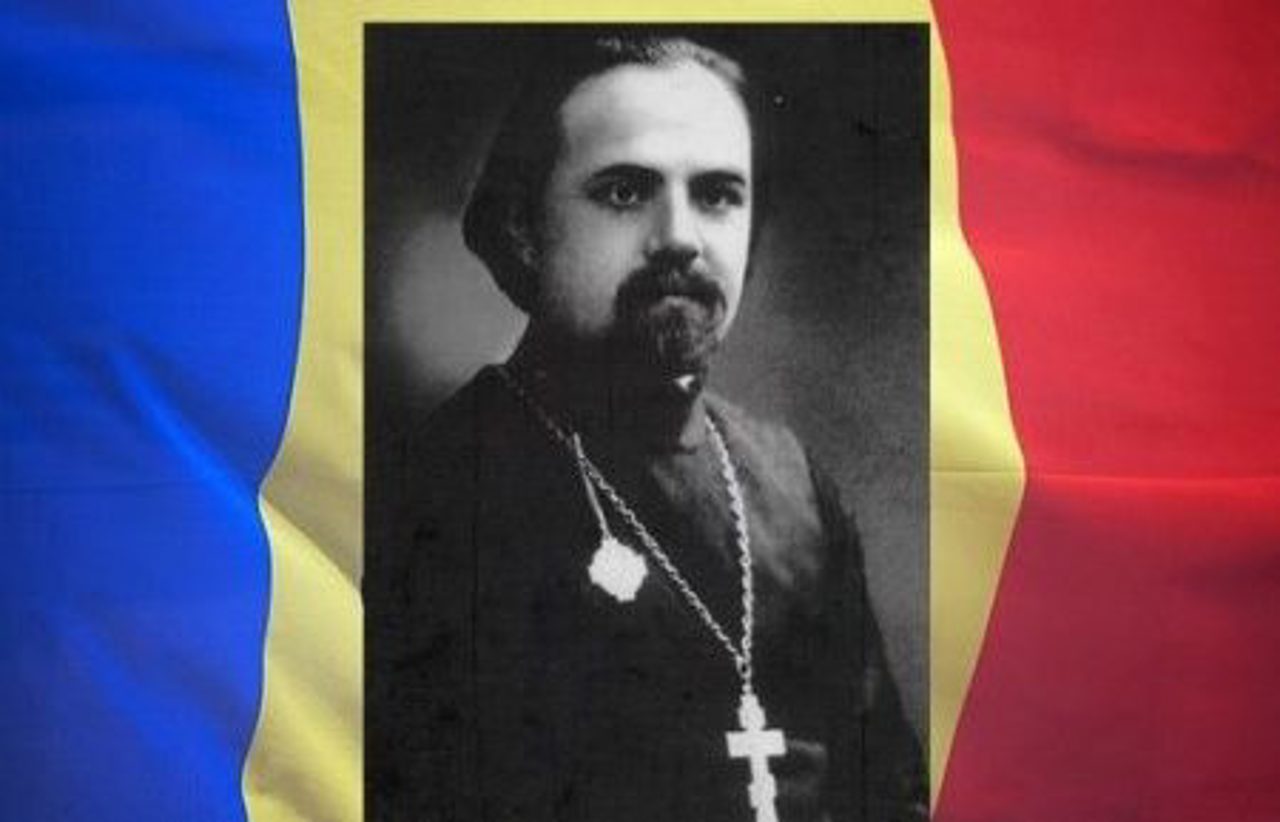
There are a few stages, constituted by energetic initiatives in the form of articles and studies, statements in public meetings, and scientific debates or street demonstrations.
Initially, there was a struggle for the performance of services in the native language, a fact determined by the categorical prohibition of using the ancestral language in church in 1871.
At the beginning of the 20th century, a defining stage in the process of awareness of the importance of language for national identity, the poet and priest Alexei Mateevici, author of the most inspired hymn dedicated to the Romanian language, urges the Moldavian deputies in the Russian Duma in Chișinău to plead for the right to consecrate the mother tongue in the church altar.
Mateevici: We are Moldovans, sons of the old Moldova, but we are part of the great body of Romanianism
And at the Assembly of Bessarabian teachers in June 1917 (i.e. before the Great Union) he utters the testamentary truth: "We do not have two languages and two literatures, but one with that across the Prut" and "we are Moldovans, sons of the old Moldova, but we are part of the great body of Romanianism, settled through Romania, Bukovina, Transylvania".
The struggle for the Romanian language in Bessarabia
Since 1940, Bessarabian intellectuals have tried to resist the Russian language and the "Moldovan language", fabricated in the laboratories of the Bolsheviks. Subsequently, militants for language unity focused their actions on the reform of the natural orthographic norms of the Romanian language (written in the MSSR with the Cyrillic alphabet), norms officially accepted in 1956.
In 1965, the Third Congress of Moldovan Writers re-raises the issue of the Romanian language, marking another stage through the efforts of the intelligentsia to introduce Romanian into education, through the inauguration of the "Luceafărul" Theater and the filming of sound films in Romanian.
A real struggle for the officialization of the Romanian language was started by the writers in the 1980s, a struggle that ended with the adoption on August 31, 1989 of legislation that regulated for the first time in the history of Bessarabia the use of the Romanian language as the state language east of the Prut.
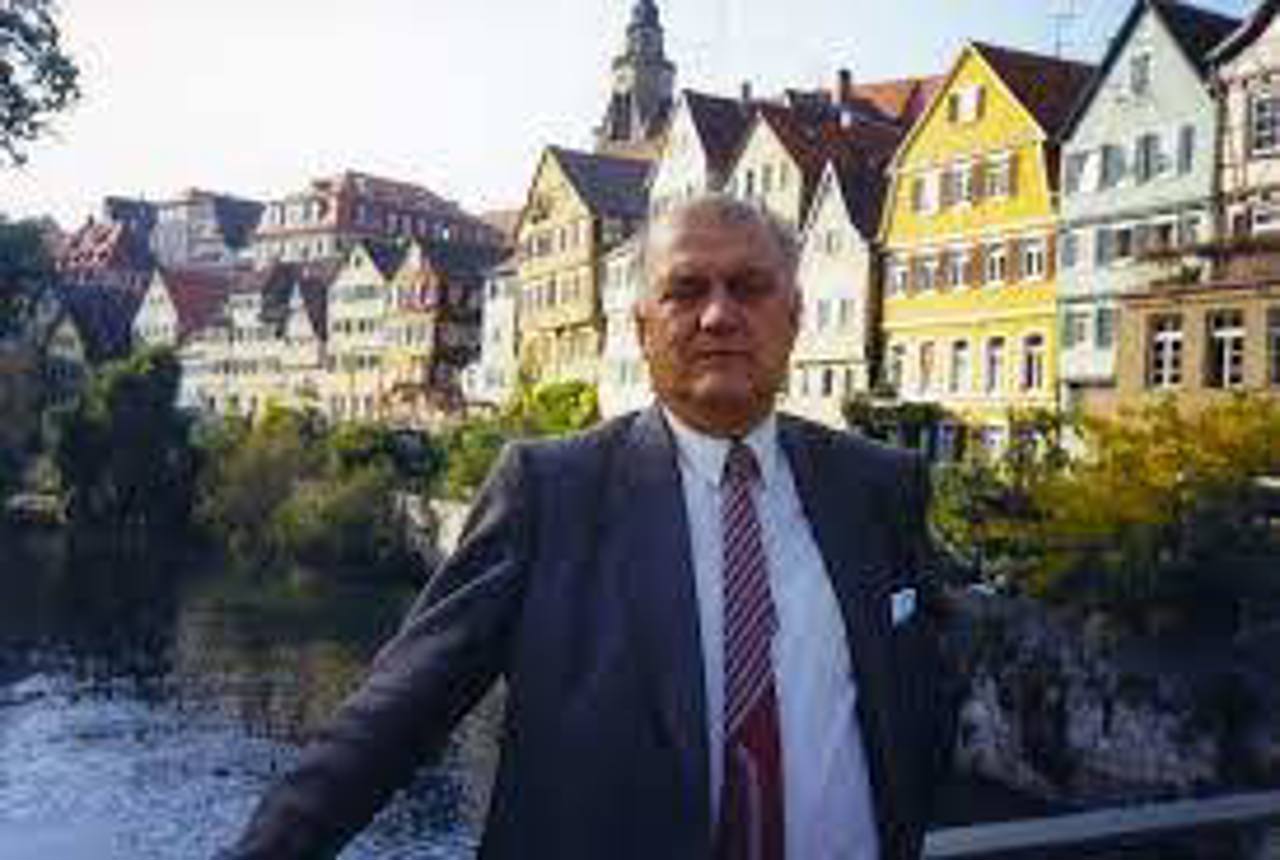
The unification of the norms of the Romanian standard language after 1990
"If ordinary people, especially peasants, are the ones who have preserved the Romanian language from the territory of the former USSR at the dialectal and popular levels, writers, philologists, intellectuals (known or anonymous) deserve the merit of having tacitly oriented themselves, opposing the growing trends of Russification, even if they were obliged to use the official name of the "Moldovan language", increasingly after the literary language of Romania, thus returning to their own cultural and linguistic traditions."
Especially after 1960, a sustained campaign to cultivate the language in the media began, combating the use of dialectal elements, unmotivated Russianisms (loanwords and calques) or errors in the use of Latin-Western neologisms in literary language (written). They prepared the "language revolution", through which the adoption of the laws on the status of the state language, the functioning of languages and the return to the Latin script was imposed in August 1989.
Through the normative works published in Chișinău after 1990, the unification of the norms of the Romanian standard language used in the two independent states was achieved: Romania and the Republic of Moldova. In the field of pronunciation and orthography, for example, the few regional pronunciations maintained after the orthographic reform of 1957/1967 have been abandoned: aceeaș (fem. sg.), totuș; cîne, mîne, mîni (pl.), pîne; complect; (a) îmbla, întră, întroduce; neologizm; mulțămi; (a) perde; samă, sară or la simple facts of spelling, such as, for example, epure, nevoe or the confusion between the diphthongs ea and ia due to their notation by the same Russian letter я", writes Adrian Turculeț in his article "The Romanian language in Bessarabia", inserted in the anthology "The Romanian language is my homeland".
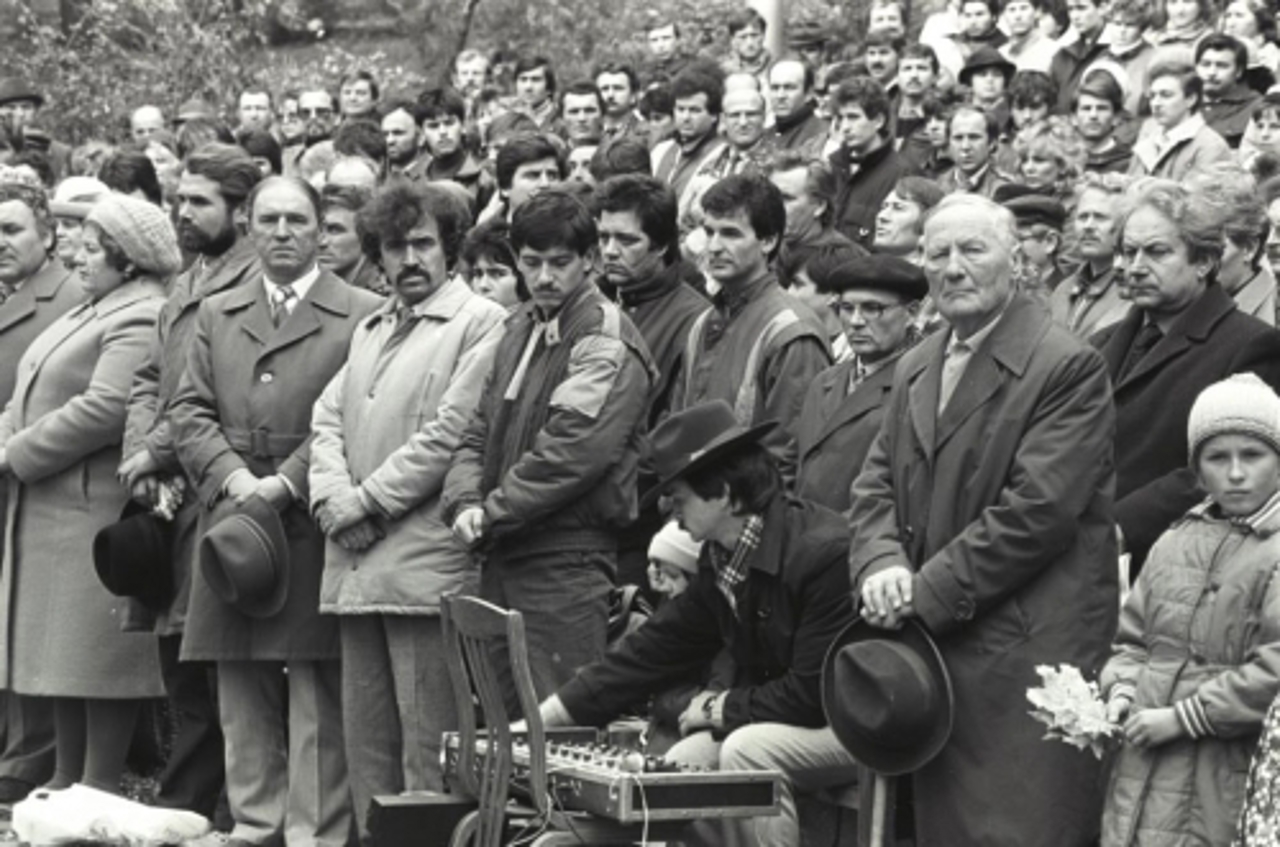
The controversy over the name of the language
In a new stage (whose end is unknown), the controversial and, in essence, unnecessary discussion about the name of the language is resumed from scratch, under the threat of switching - in education and not only - to the exclusive use of the phrase "Moldovan language".
Romanians from east of the Prut were prohibited from knowing and realising the evidence that justifies their spiritual unity with the whole people, a unity that has been maintained through language and could not be annulled even by the communist regime.
Scientific Conference "Romanian is the Correct Name of Our Language"
The process of restoring scientific truth culminated in three major events: 1.The Fifth Congress of Romanian Philologists (Iași – Chișinău, 1994) 2. A scientific session organized by the Section of Literature and Philology of the Romanian Academy "The Romanian Language and Its Local Varieties" (Bucharest, October 31, 1994) 3. The Scientific Conference "Romanian is the Correct Name of Our Language" (Chișinău, July 20-21, 1995) Held under the auspices of the Academy of Sciences of Moldova and the Parliament of the Republic of Moldova, with the direct participation of the Institute of Linguistics of the Academy of Sciences of Moldova, the specialized chairs of the higher education institutions in the republic, the creative unions, and the editorial office of the magazine "The Romanian Language", the Chișinău conference comprehensively summarized and synthesized the practice of interpreting the linguistic phenomenon in Bessarabia. It unequivocally stated, on the basis of solid philological, historical, legal, etc. arguments, the imperative need to fix the authentic name of the official language of the second Romanian state in the Constitution and to eliminate immediately and definitively the obstacles that still hinder the use and multi-functional development of the Romanian language in the Republic of Moldova.
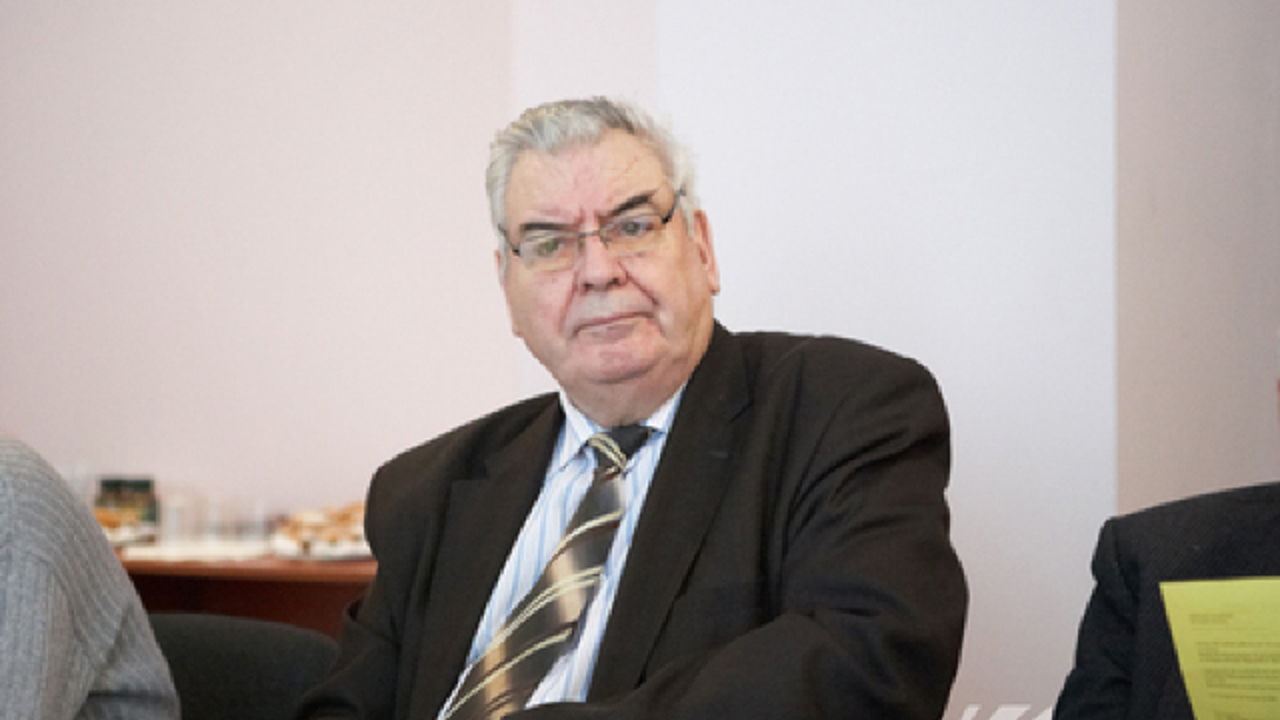
Eugeniu Coșeriu: "Moldovan language", a chimera created by a certain foreign ethnocultural policy, without any real basis
Eugeniu Coșeriu, the linguist of the 21st century, as he was nicknamed, categorically denied the existence of the so-called "Moldovan language": "I say "so-called", because a Moldovan language different from the Romanian language, or even only from the Daco-Romanian dialect, simply does not exist; it is a chimera created by a certain foreign ethnocultural policy, without any real basis."
In the last years of his life, academician Nicolae Corlăteanu pleaded for the correct name: "Once and for all, we must all come to the understanding that our literary language must be called by its true name - Romanian."
Acad. Silviu Berejan considered that "to call the state language "Moldovan" is either a persistence (diabolical!) in error, or a utopia, or an ordinary fraud, as Eugeniu Coșeriu has emphasized on many occasions."
Acad. Anatol Ciobanu explained the erroneous use of the term "Moldovan language" by the "erosion of the national consciousness of the Moldovan Romanians."
In the ceremony of conferring the title of Doctor honoris causa by the Academy of Sciences of Moldova, poet Grigore Vieru made a plea in favour of the correct name of our language, with a wealth of documentary details.
In other words, the text states that there is no such thing as a separate Moldovan language. The language spoken in the Republic of Moldova is Romanian, and the term "Moldovan language" is a chimera created by a foreign ethnocultural policy.
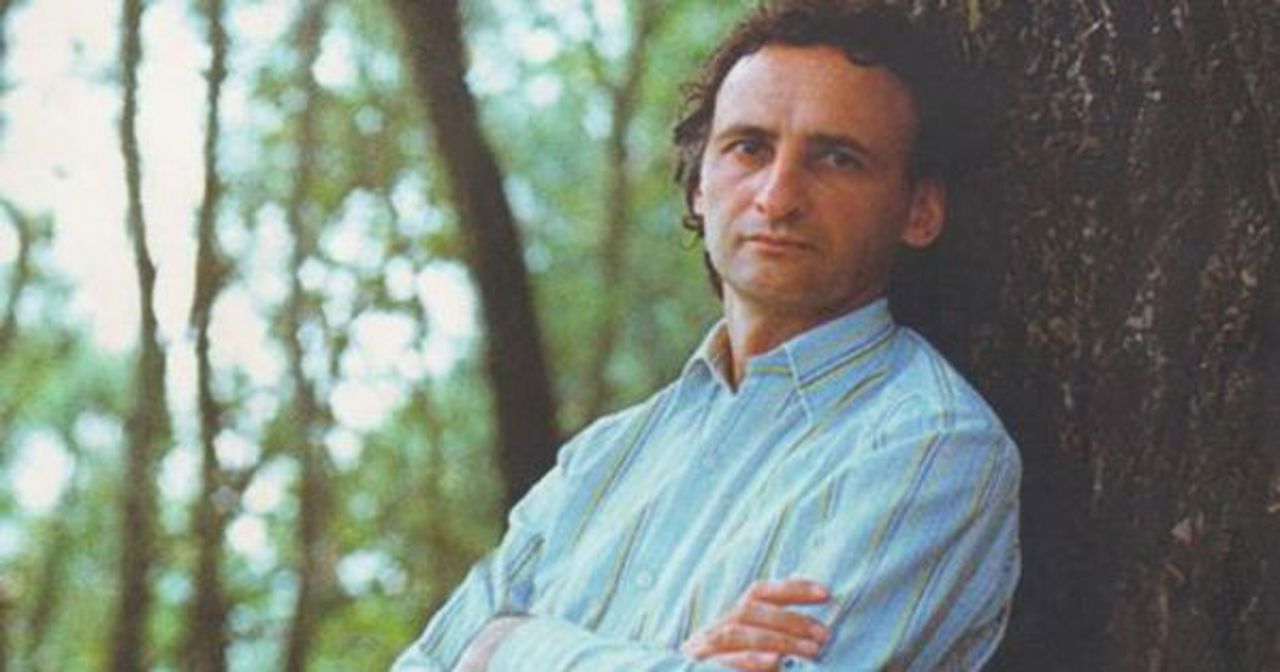
Grigore Vieru: The Romanian language, our national army. Testament
"In 1988, when the Soviet empire had not yet collapsed, three historical studies appeared: "The Veshment of Our Being" by Valentin Mîndîcanu, published in the journal "Nistru" (editor-in-chief Dumitru Matcovschi), "A Mother Tongue - an Alphabet" by the doctor habilitated in history Ion Buga, a study inserted in the weekly "Public Education" (editor-in-chief the late Anton Grăjdieru) and "Partial devaluations in the history of language" by Constantin Tănase and Vasile Bahnaru, a work published in the magazine "Nistru", evoked by Grigore Vieru in his essay, "The Romanian language, our national army. Testament", included in the anthology that we have reproduced here in fragments.
On 5 December 2013, the Constitutional Court issued a ruling interpreting Article 13(1) of the Constitution in line with the Moldovan Declaration of Independence. The Court ruled that the Declaration of Independence takes precedence, being an integral part of the Constitution, and consequently the name of the state language indicated in the Declaration of Independence - Romanian - prevails over the name "Moldovan language", indicated in Article 13 of the Constitution.
On 21 August 2021, the ASM launched an appeal to President Maia Sandu, the Speaker of the Parliament, Igor Grosu, and Prime Minister Natalia Gavriliță, asking them to initiate the procedure to amend Article 13 of the Constitution.
Restoring the correct name of our language to legislative normality would put an end to the endless useless discussions surrounding this issue, to all the speculation that has been going on for decades, would enhance the image of our republic around the world and would ensure its European integration process.
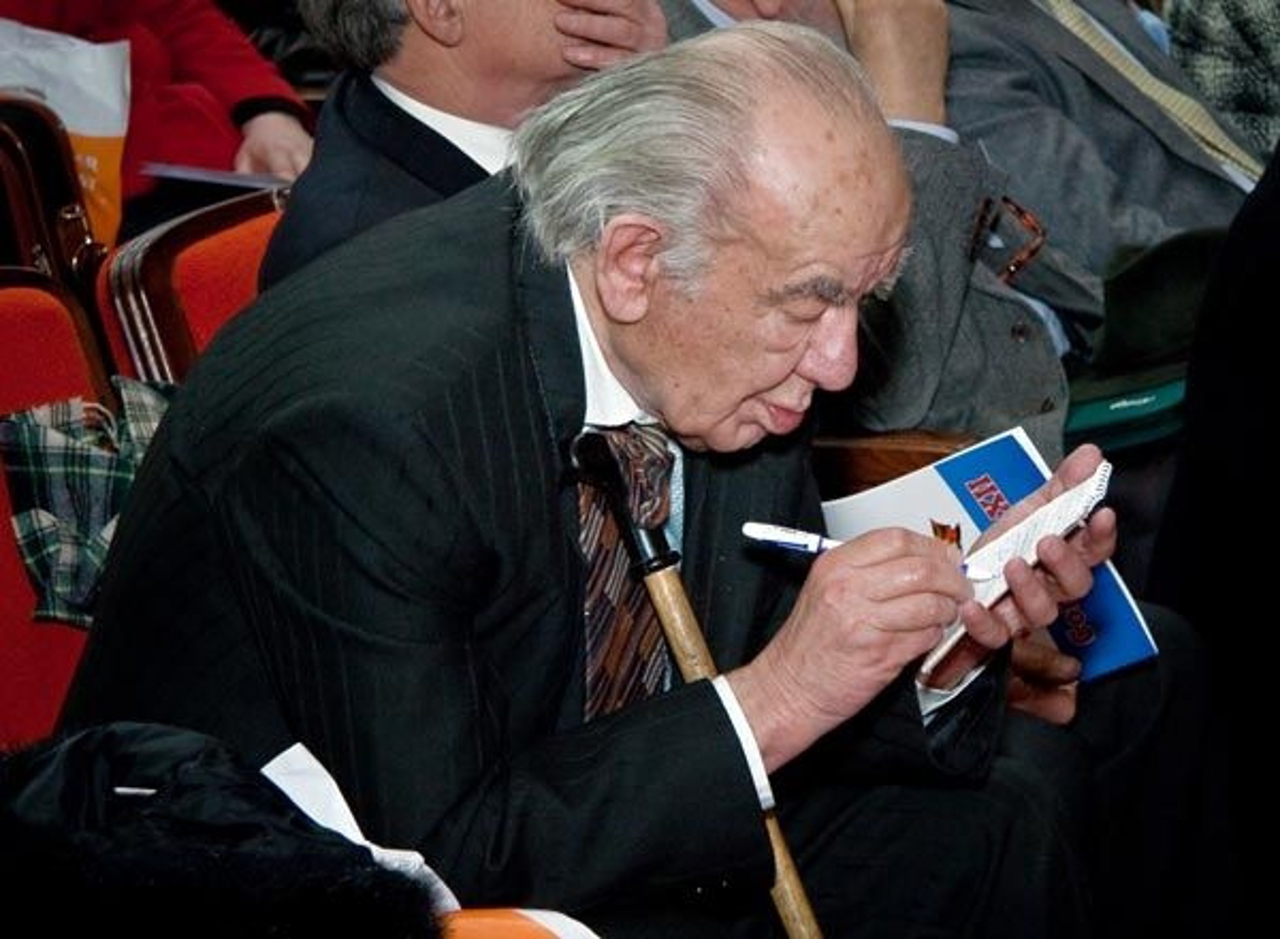
A long-awaited historic vote
Through the 1994 and 1996 Decisions of the Presidium and the General Assembly of the ASM, in national and international scientific conferences, in the interviews that members of the ASM and its leadership have granted on various occasions, our institution has repeatedly spoken out for the restoration of the scientific truth about the Romanian language", argue the authors of the Appeal.
According to BCS deputy Petru Burduja, the ASM "needs to do more work on this chapter", and his colleague Vlad Batrîncea said he speaks the language in accordance with the Constitution of Moldova. "My mother and my grandparents from Dubasari used to call it Moldovan and nobody has convinced me that it no longer exists in Moldova," the socialist said, quoted by TVR Moldova.
On 16 March 2023, the parliamentary majority approved by 58 deputies, in final reading, the draft law on replacing the phrase "Moldovan language" with "Romanian language" in all Moldovan legislation, including the Constitution. Bloc of Communists and Socialists (BCS) MPs tried to block the bill and jostled in the gallery with the initiators, PAS MPs, while shouting "Moldova!" and "Anticipate!"
President Maia Sandu promulgated on 22 March 2023 the law confirming that the state language of the Republic of Moldova is Romanian.
Maia Sandu: I promulgated the law confirming a historical and indisputable truth: the state language of the Republic of Moldova is Romanian
"I have promulgated the law confirming a historical and indisputable truth: the state language of the Republic of Moldova is Romanian. I want the Romanian language to unite all of us who live here and love this land. We, along with more than 27 million other people around the world, speak Romanian, one of the official languages of the European Union. Whether it is our mother tongue or we have learned it during our lives, thanks to the Romanian language we do not need translators: we understand each other with one word and we say - in one voice - that "sweet talk brings a lot", said the head of state.
At the same time, President Maia Sandu stressed that "those who told us for decades that we, the citizens of the Republic of Moldova, speak 'Moldovan' and not Romanian - have only one goal: to divide us. This is because once you have divided a nation, you can subjugate and control it more easily. A divided people is not a united force that can protect itself. It is not linguistics that those who have tried to divide us have been concerned with, but how to keep Moldova locked in an eternal national quarrel.
The head of state also expressed her firm belief that the Romanian language must and can be the catalyst for the consolidation of our society, and for this to happen it must be respected, understood and spoken by all our citizens: "I am very happy when I meet young people from different ethnic groups who speak Romanian very well. We can all support this effort so that, united, we can direct our energy towards building a common future in the European Union, where all languages are respected and protected", said President Maia Sandu.
"Thank you! This vote is a bit late... for history 30 years later, 30 years on... Thank you!", stressed the Speaker of Parliament Igor Grosu.
The phrase "Romanian language" will thus replace "Moldovan language" in all Moldovan legislation. The terms "official language", "state language" and "mother tongue" will also be replaced.
Also, within 30 days of the entry into force of the law, the public authorities with competence to adopt, approve or issue normative acts inferior to the law would have to make the necessary amendments.
At the same time, the National Holiday "Our Language", as it is currently called in the Parliament Decision on commemorative days, holidays and rest days and in the Labour Code, will be called "Romanian Language".
It's official! It really says so in the Supreme Law!
We have checked and reproduced from the text of the Constitution of the Republic of Moldova the worded content of Article 13:
"Article 13
State language, functioning of other languages
(1) The state language of the Republic of Moldova is Romanian, functioning on the basis of the Latin spelling.
[Art.13 (1), the text "functioning on the basis of the Latin spelling" was rendered obsolete by LP52 of 16.03.23, MO97-99/24.03.23 art.150; in force 24.03.23]
(2) The State recognizes and protects the right to preservation, development and functioning of the Russian language and other languages spoken on the territory of the country.
(3) The State shall facilitate the study of languages of international circulation.
(4) The manner of functioning of languages on the territory of the Republic of Moldova shall be established by organic law."
"In order for the Romanian language to be - again we say truly at home - it is necessary that the status of state language, now written into the legislative acts and the Constitution - be recognized as such in all areas: in education, in public life, in Parliament and in all state institutions, in the family, in public gatherings, in the street, on radio and television, where one still hears so often the weeds "necătând", "non ni s-a primit", "m-am isprăvit" and the like. "The great Grigore Vieru used to say: "To speak the Romanian language correctly is a patriotic duty", as academician Mihai Cimpoi replied to a question from a publication" What does the Romanian language need in order to be mastered at home?
Arcadie Suceveanu: For us, the Romanian language is not just a means of communication, it is a symbol of our identity
"The Romanian language was the catalyst for the National Liberation Movement and, at the same time, the only identity element that the Russians could not take away from us completely, neither by force, nor by deportations to Siberia, nor by their KGB. For this reason, they chose to distort it and create a Moldovan people different from the Romanian people," concluded politician Anatol Șalaru.
"For Romanians in Bessarabia, Romanian Language Day is a special case in history, because for us the Romanian language is not just a means of communication, it is a symbol of our identity," emphasized writer Arcadie Suceveanu.
"Under the banner of this symbol, we fought in the beautiful years of incredible enthusiasm, '88, '89, '90. Many of you, I am sure, can see in front of your eyes those streams of people flowing from all corners of Moldova, in PMAN, at the Great National Assembly, where the legalization of the Romanian language as the state language, the Latin alphabet and the other values of our nation were proclaimed."
The voting on the language and the alphabet took place in the old, Soviet system, and it was a major event for that time, appreciated writer Vladimir Beșleagă.
"No one yet knew that the Soviet Union would collapse and everyone mobilized and obtained the Romanian language in the Soviet system, where Romanian was in the kitchen. But things have changed, the situation has changed. The Soviet Union collapsed and this law about language and about the alphabet, it had to be modified, updated, perfected. But different parties and different governments have lined up who have done nothing until today," says the signer of the Declaration of Independence, member of the First Parliament of the Republic of Moldova, writer Vladimir Beșleagă.
In conclusion, reading from Eugeniu Coșeriu, "To promote in any way a Moldovan language different from the Romanian language is, from a strictly linguistic point of view, either a naive mistake, or a scientific fraud; from a historical and practical point of view, it is an absurdity and a utopia; from a political point of view, it is the cancellation of the ethnic and cultural identity of a people and therefore an act of ethnic-cultural genocide."
Translation by Iurie Tataru
